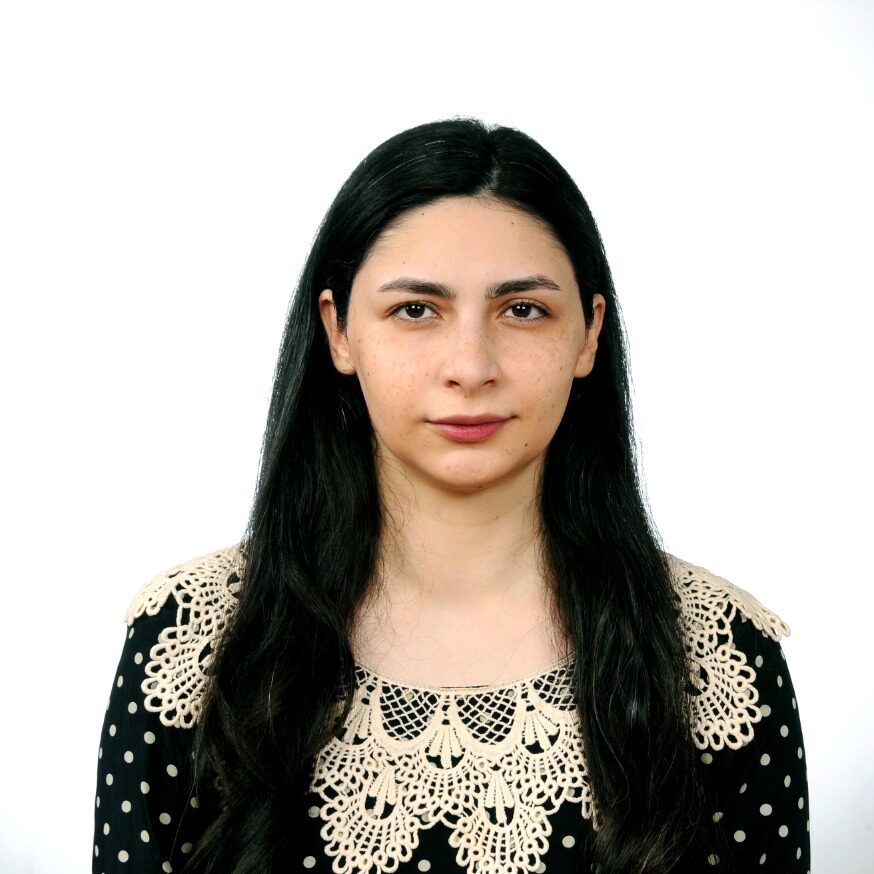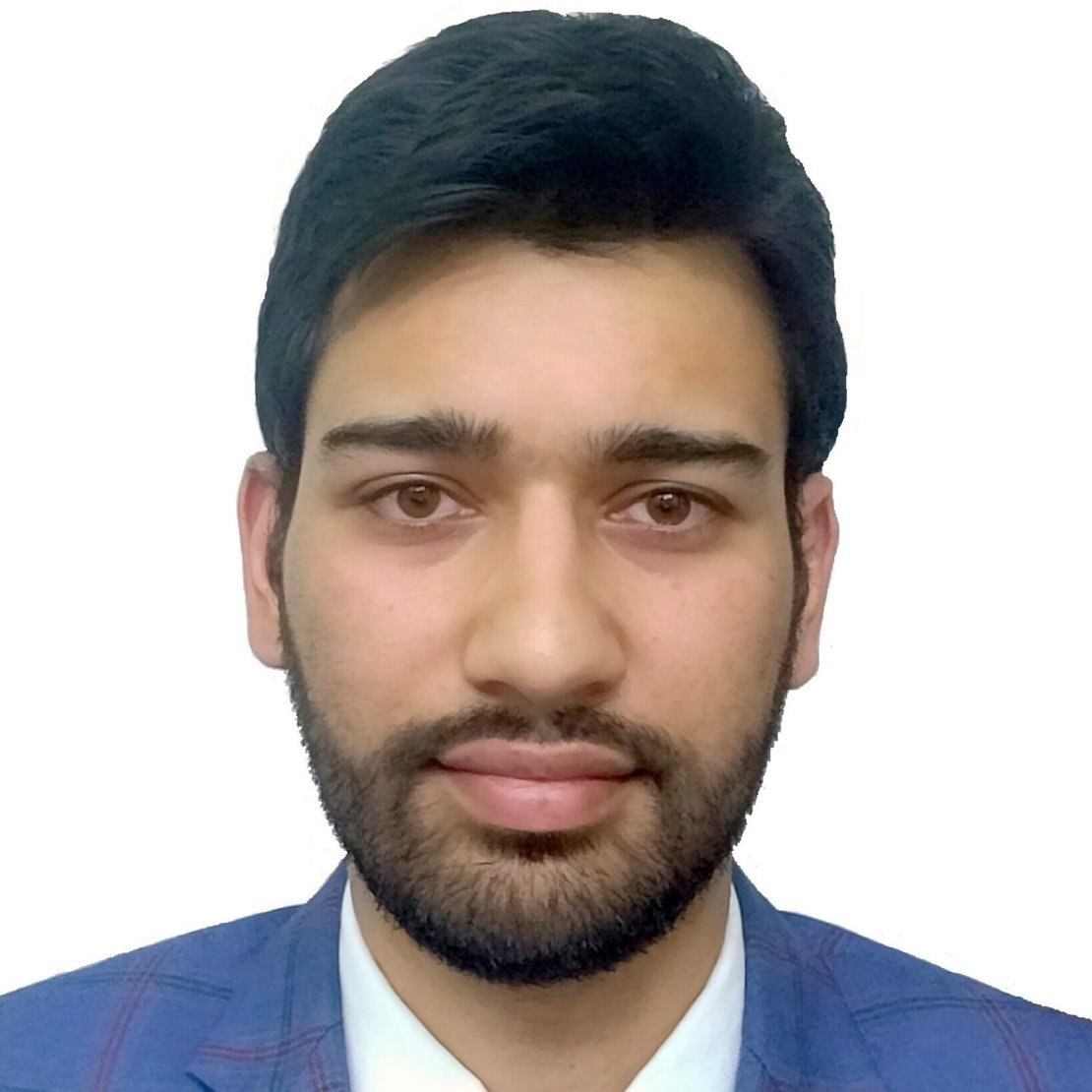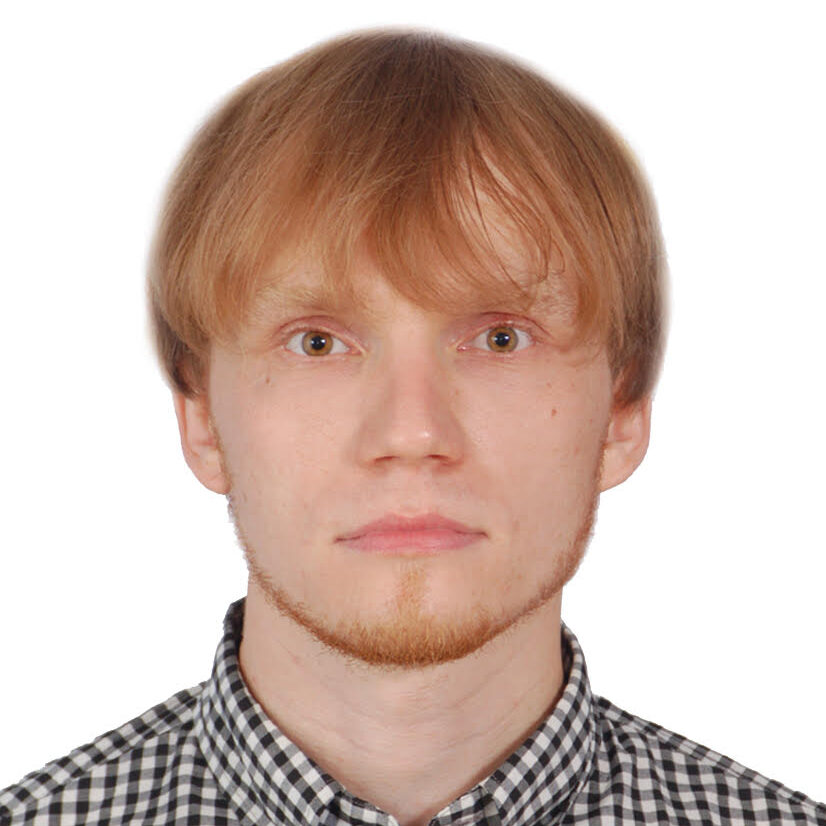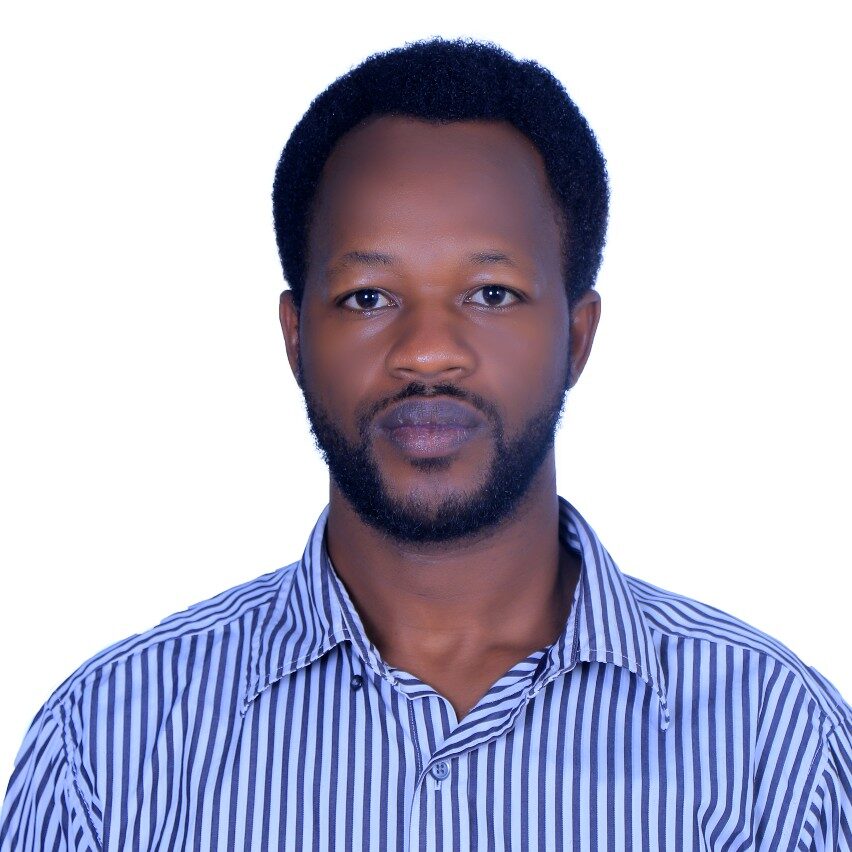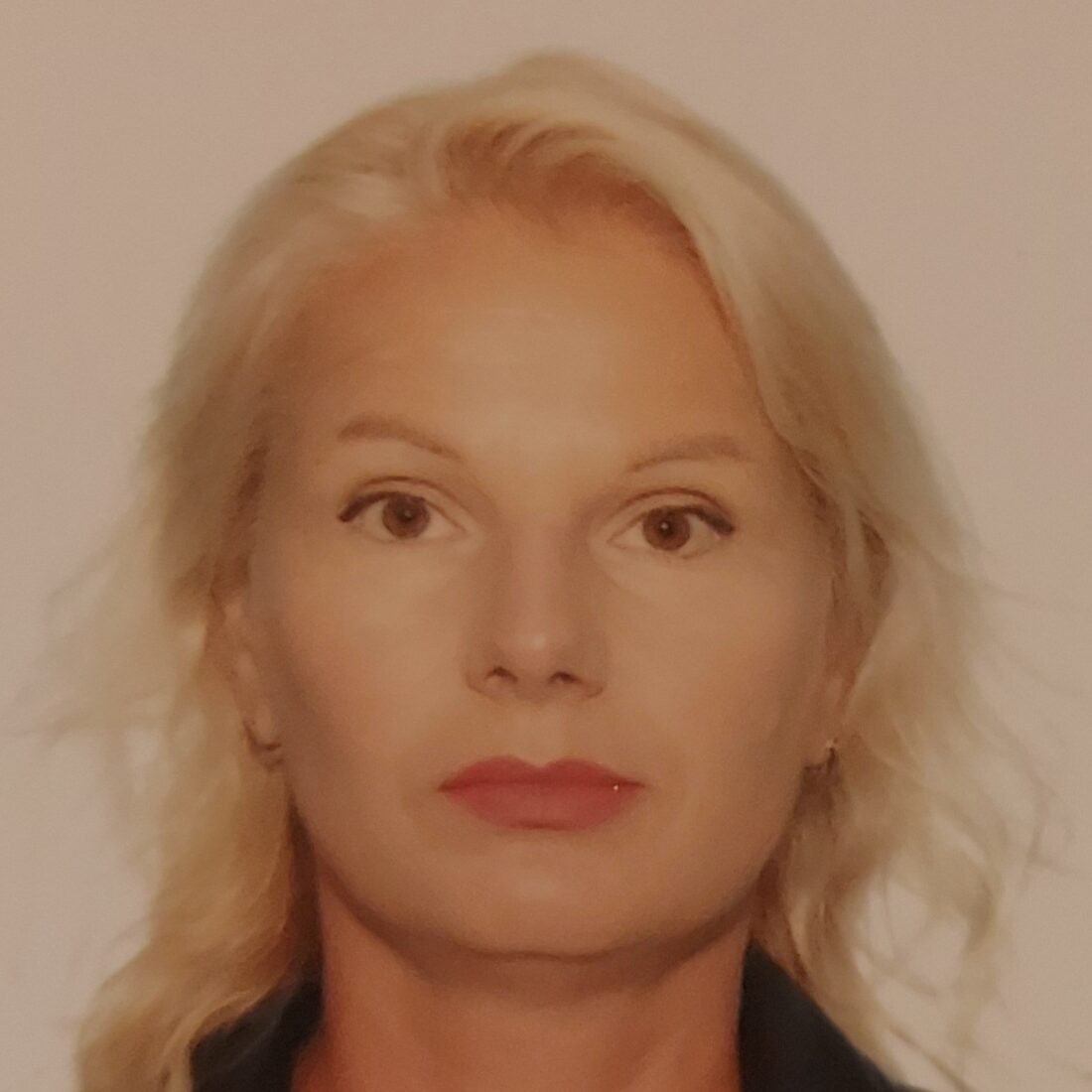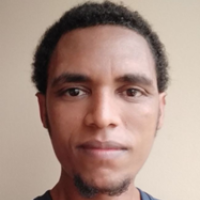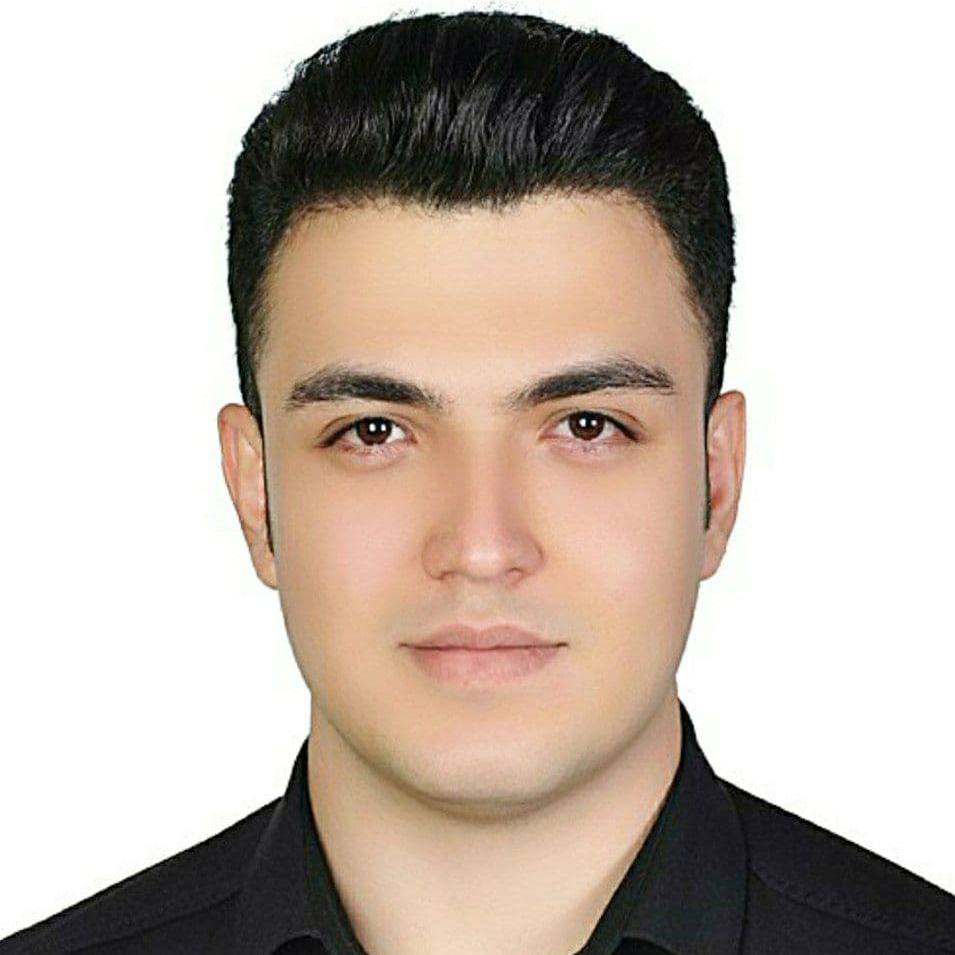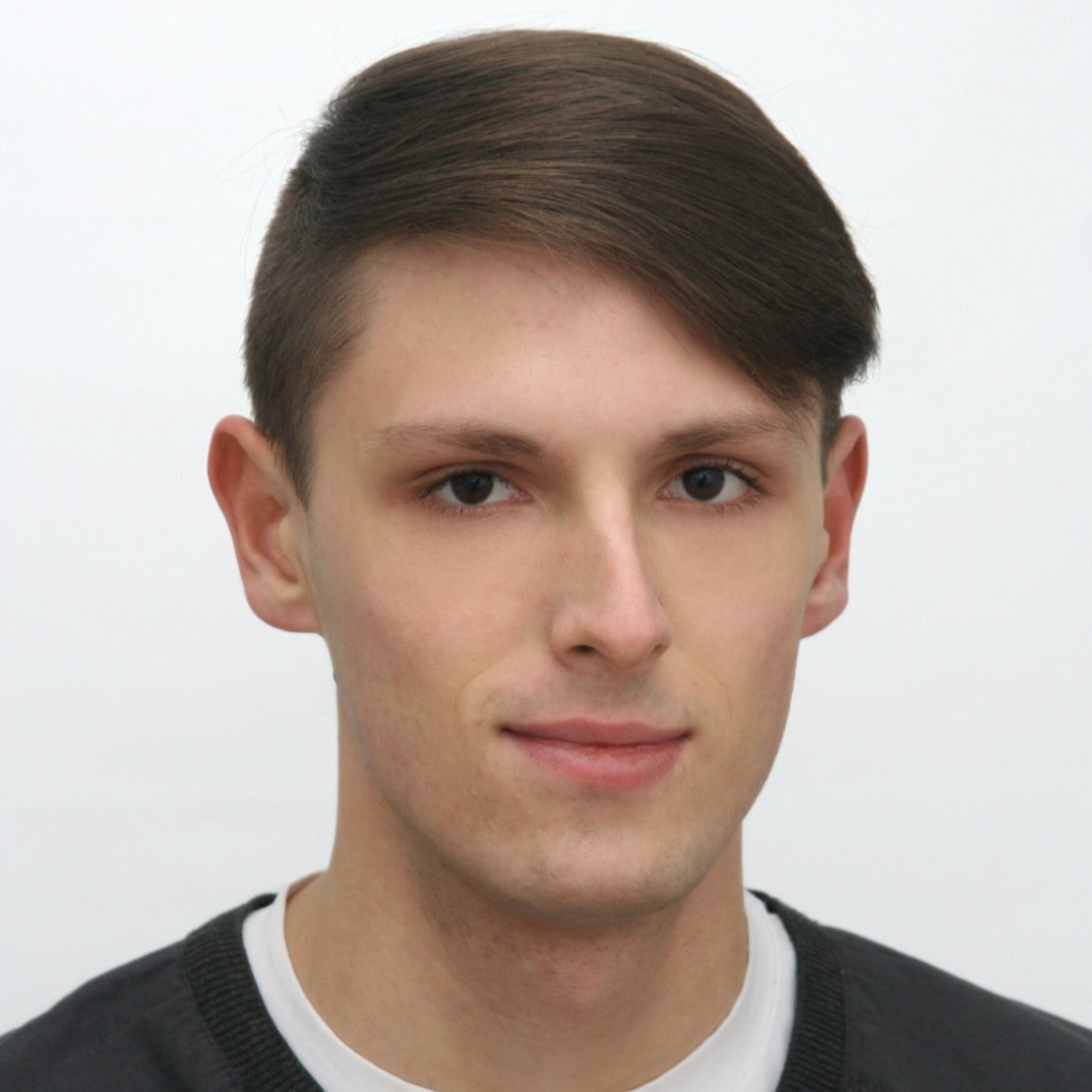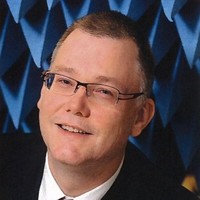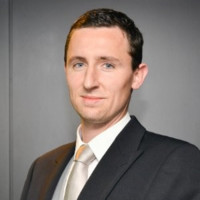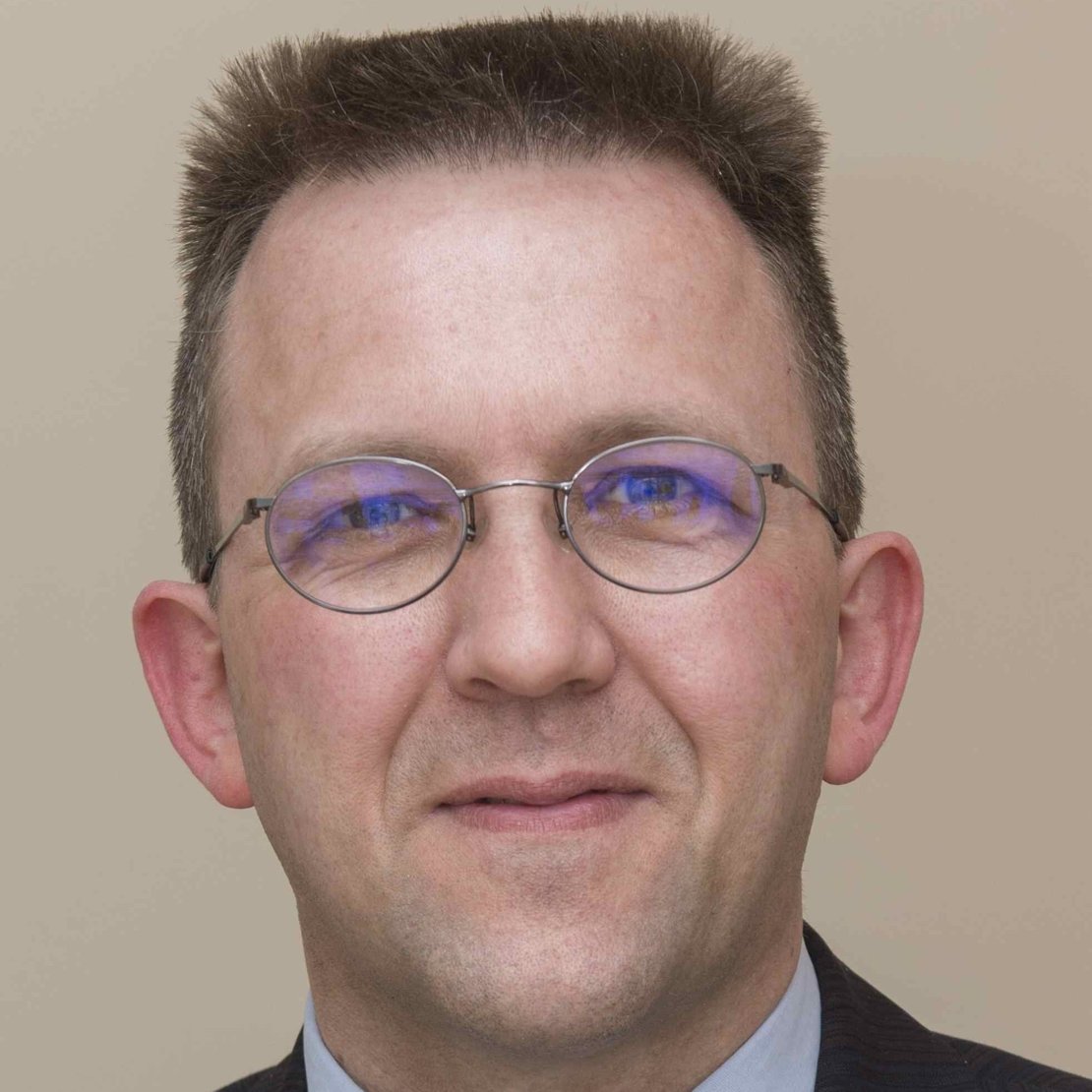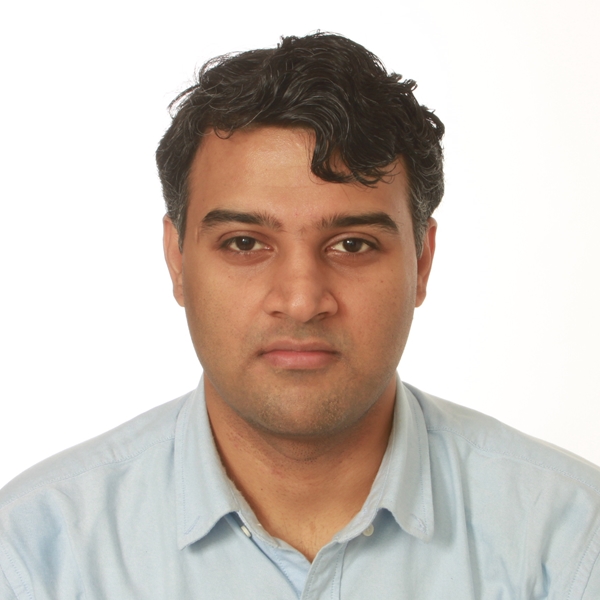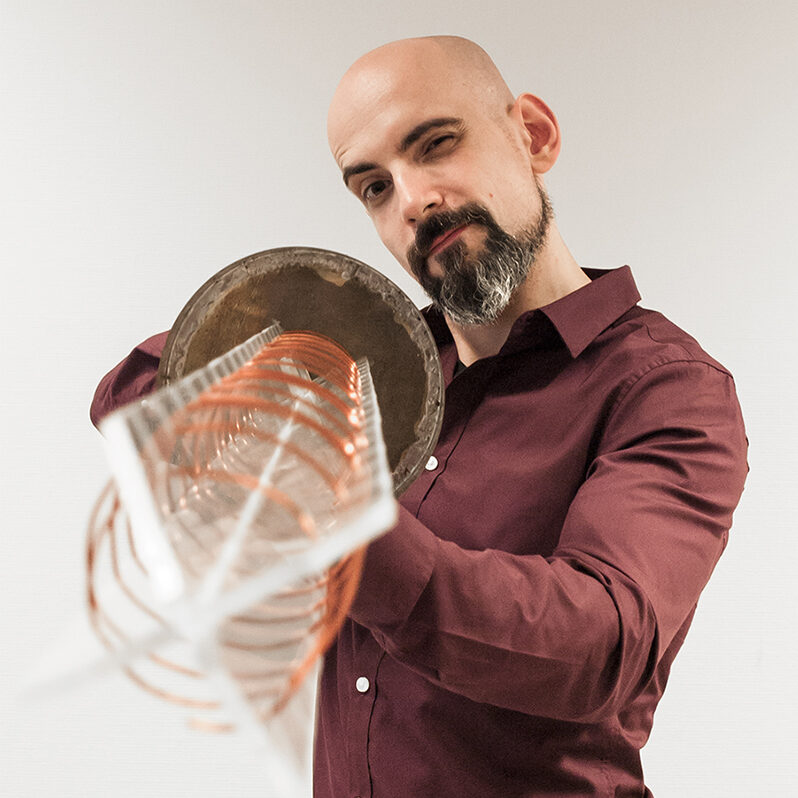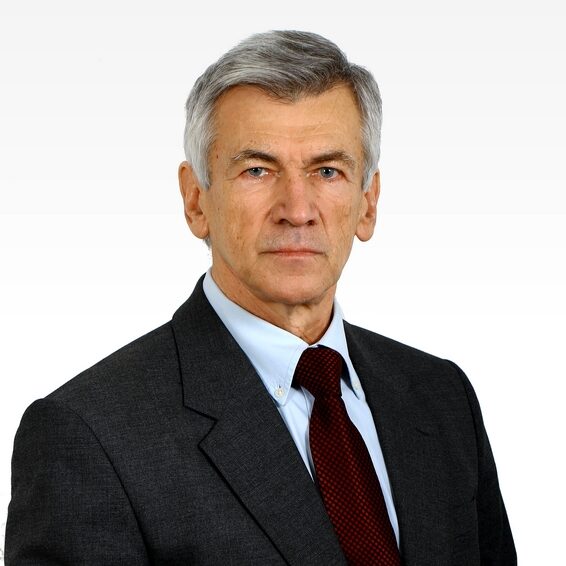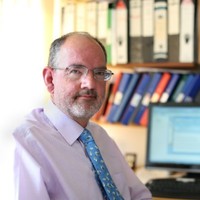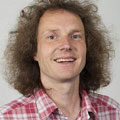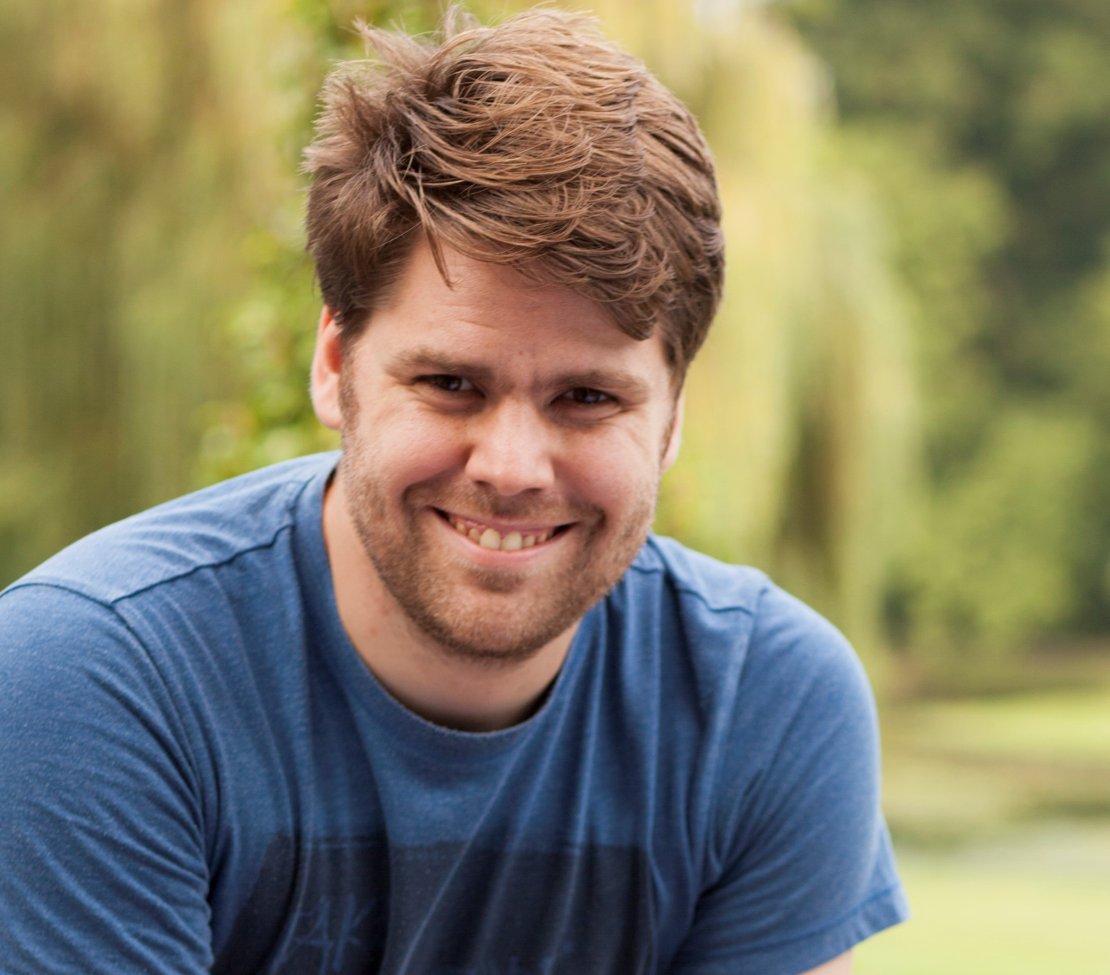Regis Nibaruta is a Burundi native, currently pursuing a PhD as an ESR05 within the ETUT project for a joint doctoral degree at the Dnipro National University of Railway Transport (DU) and the University of Twente (UT). Prior to this position, he was a World Bank scholar at the Addis Ababa University, African Railway Center of Excellence, where he obtained his 2nd master’s degree in Railway Engineering (Traction and Train Control). He also holds a master’s degree in electrical engineering (Power System) from the Pan African University Institute of basic Sciences, Technology and Innovation. He earned a Bachelor of Technology from the Defense University, College of Engineering in 2016 and has had multiple hands-on trainings including Smart grid and mobile robotic fabrication and programing at AFRICA-ai-JAPAN Project. His main areas of interest in research include battery management systems, power electronics, and modern optimization techniques. Research in the ETUT project: His research within the ETUT project focuses on power quality issues such as voltage variations over long distances and the impact of converter pollution, with a particular emphasis on battery-powered equipment and new railway crossing equipment.
|
Rodika Botnarevscaia was born in 1971 in Moldova. She obtaineda diploma in Automation and telemechanics in railway transport from the College of Railroad Transport in 1990. She then worked with the State Enterprise Railways of Moldova (CFM Moldova) as an operational mechanic, and then as an engineer in the linear control room of the Railway Department. While still at CFM Moldova, she joined Dnipro National University of Railway Transport where she obtained her bachelor’s degree in 2008 and then master’s degree in 2009. Her master’s degree research focused on “Equipment of a railway station with devices of Block Route Relay Interlocking” from which she was able to publish two articles. First article is titled: Elaboration of laboratory stand for diagnostics of railway switching-cross motor, and second article is titled: Diagnostics three-phase power asynchronous motors. After completing her studies at the university, she continued to work as an operation engineer at the State Enterprise Railways of Moldova (CFM Moldova) until July 2021. Her main responsibilities included monitoring the proper operation of all automation devices on the entire railway, as well as ensuring the smooth operation of communication devices. Research in the ETUT project: From 2021, she is a PhD candidate and employed within the ETUT project towards a joint doctorate between the DniproNational University of Railway Transport (DU) and University of Twente (UT). Her research as an ESR 06 focuses on EMC of traction supply railway system with new (digital) communication devices.
|
Muhammad Jaseel K A was born in Kerala, India in 1996. He holds a Bachelor’s degree in Electrical and Electronics Engineering from Mahatma Gandhi University, India in 2018, and a Master’s degree in Power Electronics from APJ Abdul Kalam Technological University, India in 2021. His master’s thesis focused on the design of a high voltage gain switched Buck-boost converter with coat circuit. Research in the ETUT project: Muhammad Jaseel has been a Ph.D. candidate in the ETUT project since October, 2021, as part of a joint doctoral degree between the Dnipro National University of Railway Transport and the University of Nottingham. His research thesis is mainly on EMC of dc traction supply railway system (power converters) with automatics devices.
|
Hafte Hayelom Adhena was born in Maychew, Tigray, Ethiopia. He received a bachelor’s degree in electrical and Electronics Engineering from Mekelle University – Mekelle Institute of Technology in 2015 and a Joint Erasmus Mundus master’s degree in Sustainable Transportation and Electrical power Systems (EMJMD STEPS) from University of Sapienza – Italy, University of Nottingham – UK, and University of Oviedo – Spain in 2020. His Master’s thesis was development of an Energy Management System for the Integration of energy storage solutions and distributed resources under the self-consumption scenario. From 2015 to 2018, he worked as an assistant lecturer in Mekelle University – Mekelle Institute of Technology. From 2021 to June 2022, he worked as a researcher in university of Oviedo, Spain. His main responsibility was development of energy management methods for smart buildings with distributed generation and storage systems that includes building-to-building energy exchange. Research in the ETUT project: Since October 2022, Hafte is working as a Ph.D. candidate in the ETUT project at the University of Nottingham. His Ph.D. is about EMC of AC and DC traction supply railway systems with automatic devices.
|


